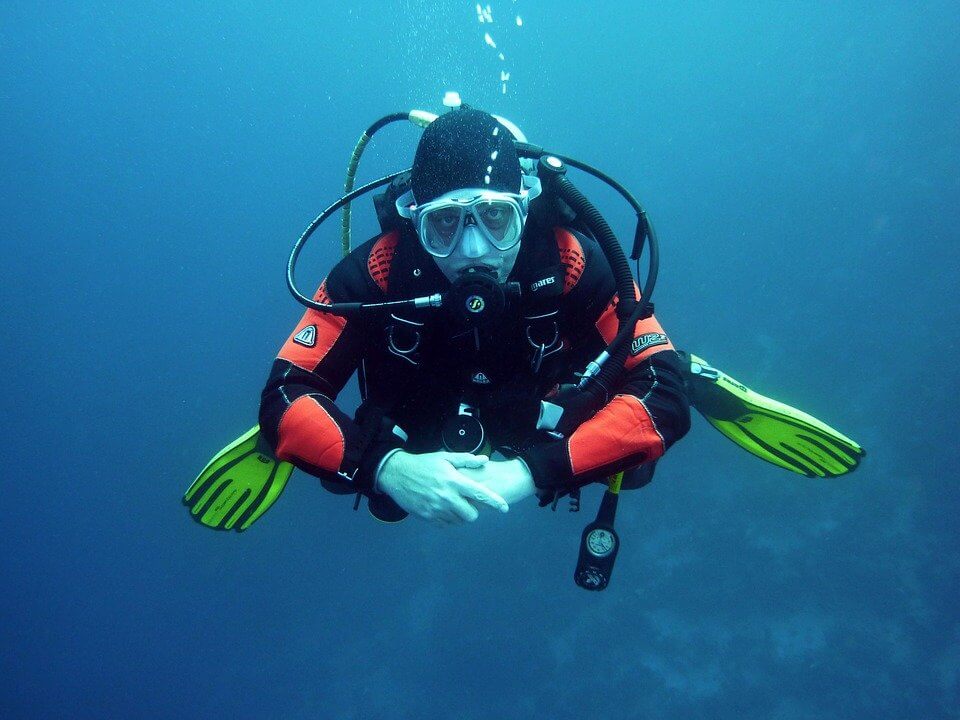Understanding the Nature of Scuba Diving
Scuba diving is a popular way of recreational diving in which the diver utilizes an underwater apparatus that is separate from the human body to breathe on underwater. The original name “scuba” was derived from a German term,” Scheel”, which meant “shore”. Today, however, it has come to refer to any and all diving operations under water including military activities, leisurely snorkeling excursions, and more. Any activity that takes place under the water does not necessarily meet the standards of scuba diving as it requires different equipment and techniques.

Scuba divers, or “scuba divers”, can explore the vastness of the ocean through the use of various scuba equipment. Some of the most common scuba diving equipment includes wetsuits, regulator systems, extra oxygen tanks, and other forms of scuba accessories. Scuba diving expeditions take place in a variety of locations, including wrecks, shallow water bays, and in tropical and subtropical regions. Scuba divers explore areas that are not accessible to divers using boats or other vehicles. Most divers will utilize a boat, but some may also venture out onto land to swim or stand on the shore to examine marine life. No matter where divers go, they will need to wear scuba diving protective equipment to keep them safe from the effects of exposure to the sun, salt water, or other underwater conditions.
In the United States, there are many dive clubs and training centers where novice divers can learn scuba diving safety and technique. Many states offer certification programs for those who are interested in learning to dive. Divers who successfully complete a basic scuba diving program will receive a certificate which will indicate that they have learned enough to qualify to dive unsupervised. Many divers continue to experience interest in the sport, so certification is not required for those who wish to dive on their own.
Scuba divers typically work in conjunction with marine biologists and other experts in an effort to explore the underwater ecosystem. Most scuba diving expeditions involve a long series of dives, as divers go back and forth between different dives. They may explore a single area at various depths, or they may go on a number of dives in which they investigate different formations in different parts of the ocean. Different areas of the ocean may hold differing types of coral and understanding how these corals are interacting with one another can help divers discover new areas for exploration.
Another aspect of scuba diving that is frequently misunderstood is the process of water diving. When divers go into the water, they are in search of fish, sea turtles, other forms of marine life, and other objects of interest. In some cases, divers may come across other divers. Since the advent of open water diving, however, this process has changed, and scuba diving no longer consists solely of exploring submerged objects.
Scuba divers are often thought of as expert divers who use special gear. In actuality, they have a lot of equipment in common with divers who live in the land. Divers need a strong boat, a full tank of fuel, the right kind of regulator system, the right kind of mask and goggles, and the right kind of training. Modern scuba diving equipment can make all the difference, and a strong boat, trained for scuba diving and equipped with modern scuba diving equipment, is the best way to enjoy your dives.